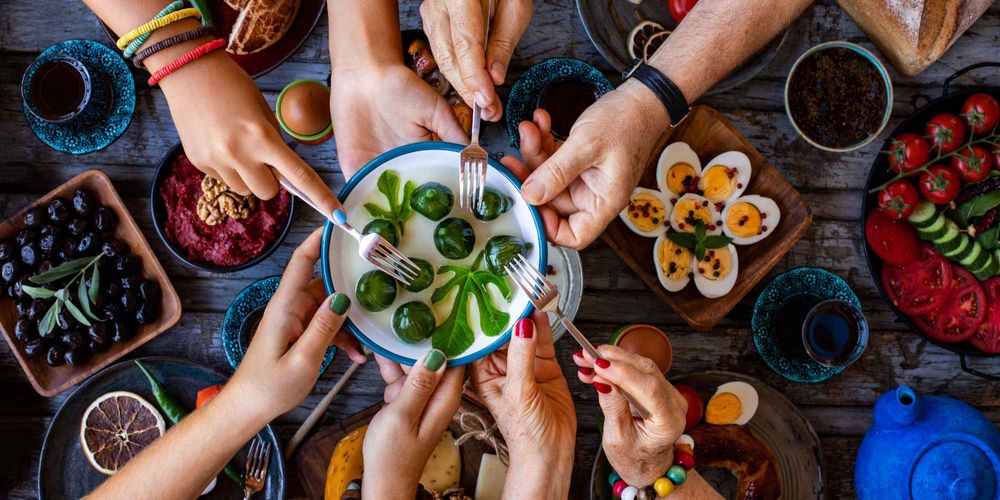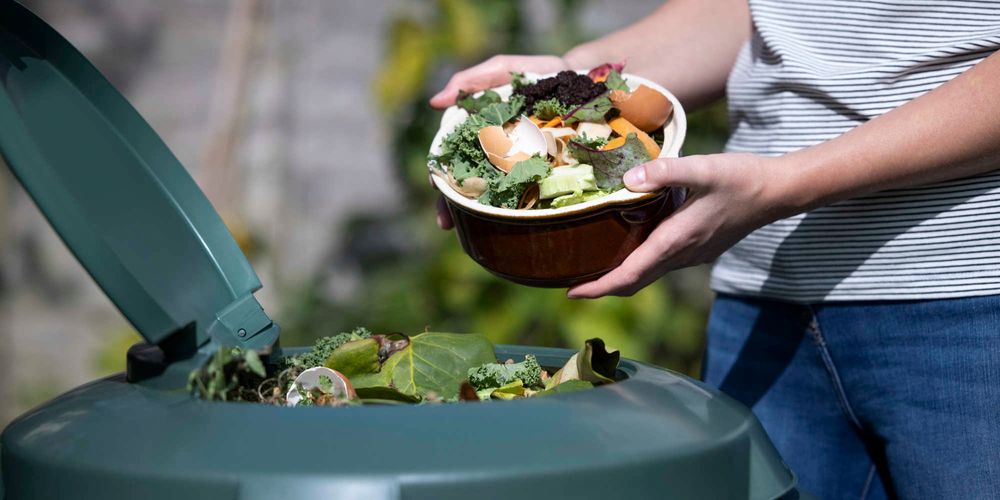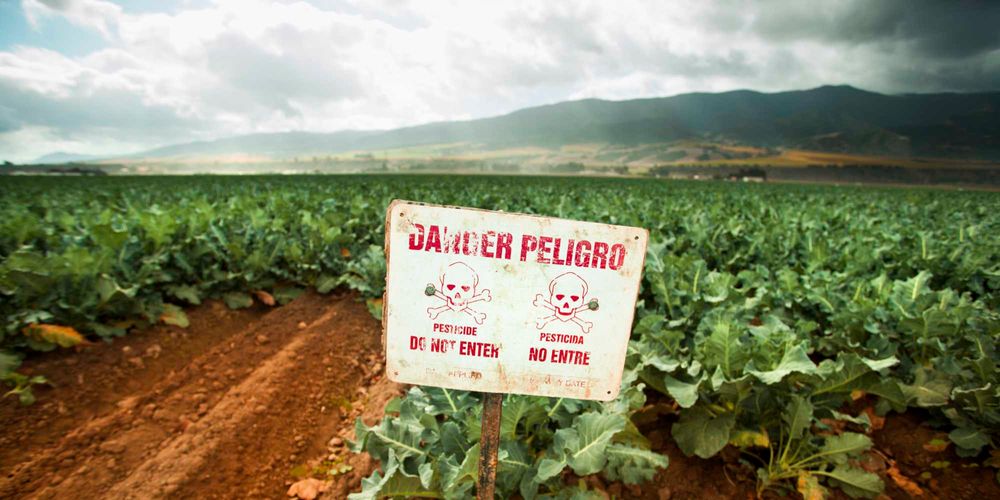Issue 37 • Week of September 25, 2022 / Updated May 16, 2023
Sustainable agriculture is only one part of the equation toward healthier food and ecosystems. Our diets also have a substantial impact and, for many people, have undergone a surprising number of changes recently. Gallup has consistently tracked ~5% of American adults to be vegetarian or vegan for the past two decades. Leading up to this World Vegetarian Day on October 1, that number has doubled as researchers running two separate polls this year from Oklahoma State and Kansas State Universities now place that number at 10%.
That is good news for participants' health, but is it enough to make a dent in our pollution?
Current and estimated food demand generates so many greenhouse gases that even if nations reduced all non-agricultural emissions to zero, then they still would not meet their Paris climate accord targets by 2050 if nothing else changed. Plus, the rate of already-high Body Mass Index (BMI) increases nearly doubled for children and teens during the pandemic.
What are behind these trends and what can we do to eat more sustainably?
This content is only available to members
Sign up for free to read the potential solutions for this topic and find out what you can do today for a better tomorrow or pre-order our second book that will compile 100 issues on making a difference.
Unlock contentAlready have an account? Sign In



